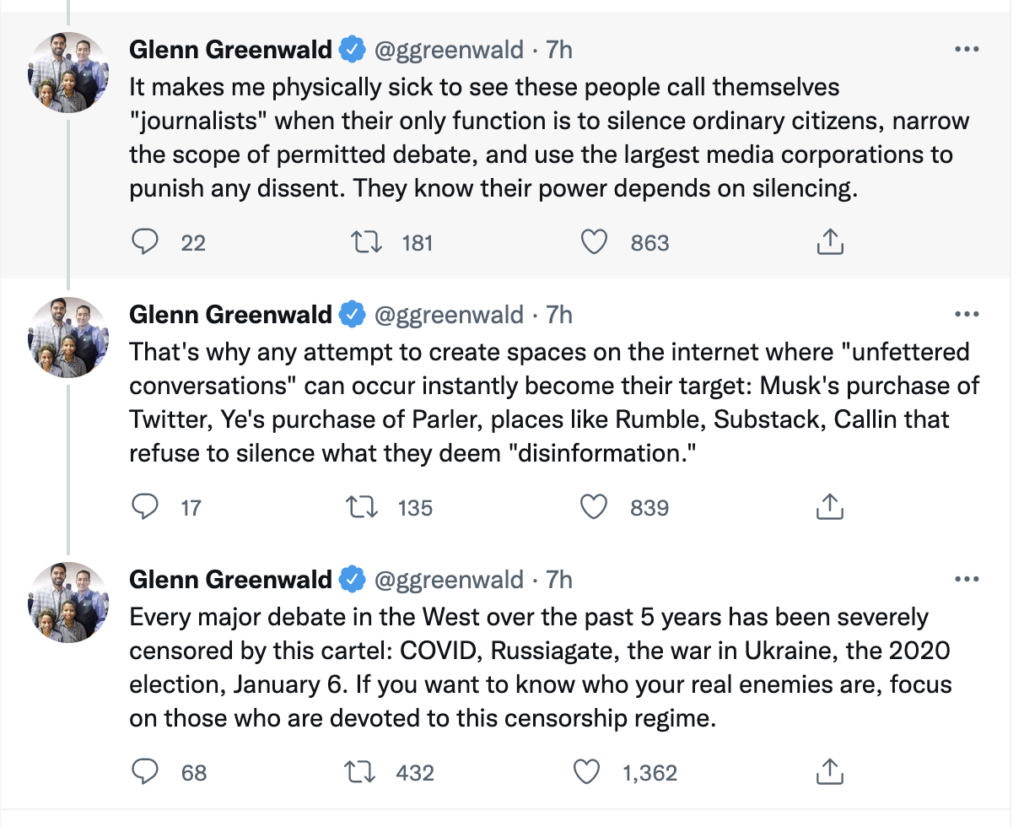I have no business telling any adult what to do with his or her body. That is their own business. It's a different story with children. We need to make sure that our children (and their parents) are not being given false information that leads to irreversible physical damage to their bodies (cross-sex hormones and surgeries), in many cases leading to sterility. There are real cases of gender dysphoria but, historically speaking, they have been rare (1/10,000) and they have overwhelmingly been boys. Today, almost 2% of teenagers are claiming to be transgender and they are overwhelmingly girls who tend to fall into social clusters, which would not be expected if dysphoria were truly a medical condition.
What is going on and why should be be concerned? Much of the left-leaning news media cheerleads for those who promote gender ideology and totally ignore the numerous and growing cases of those teenagers who detransitioned--who permanently altered their bodies, often through double mastectomies then, years later, declared that they were, indeed, the sex aligning with their chromosomes, their gametes and their sex organs readily apparent at birth. It's not rocket science to figure out the sex of most people (intersex cases are extremely rare). These stories by numerous detransitioners are extremely difficult to read. They are stories of deep regret, stories of how these teenagers got caught up in a fad encouraged by their peers, and enabled by well-meaning activist school teachers and counselors, as well as almost instant access to cross-sex hormones, often at Planned Parenthood. The parents are often concerned that they must allow their children to transition based on commonly touted but false statistics and unsubstantiated claims that suicide is the only other option.
Biologist Colin Wright recently wrote "How to Make a Trans Kid." It is well-written and accurate upon my own extensive readings. I recommend reading Wright's entire article. Here is an excerpt:
Most people understand the terms “man” and “boy” refer to adult and adolescent human males, respectively, and that “woman” and “girl” refer to adult and adolescent human females, respectively. These are not “identities,” but terms that describe objective facts about one’s age and biological sex.
Gender ideology, conversely, is a belief system asserting that what makes someone a woman or a girl, or a man or a boy, has nothing whatsoever to do with their sex, but is based entirely on the social roles and stereotypes with which they “identify.” Therefore, a person who identifies with feminine roles and stereotypes is a girl or woman, and a person who identifies with masculine roles and stereotypes is a boy or man—regardless of their biological sex. According to gender ideology, people who do not identify with the social roles and stereotypes typically associated with their sex are considered “transgender.”
That’s Gender Ideology 101. If it comes across as completely insane, that’s because it is.
Gender ideology has therefore proven to be a hard sell for many adults who rightfully view such ideas as regressive and sexist. After all, this worldview entails that a woman who does not fully embrace femininity is not actually a woman, and a man who does not embrace masculinity is not actually a man. If this sounds similar to the regressive and oppressive system that women’s and other human rights groups fought for decades to overcome, that’s because it is. But it’s actually much worse, since it also promotes the idea that a “mismatch” between one’s sex and “gender identity” can be medically “corrected” with hormones and surgeries.
[More . . . ]


